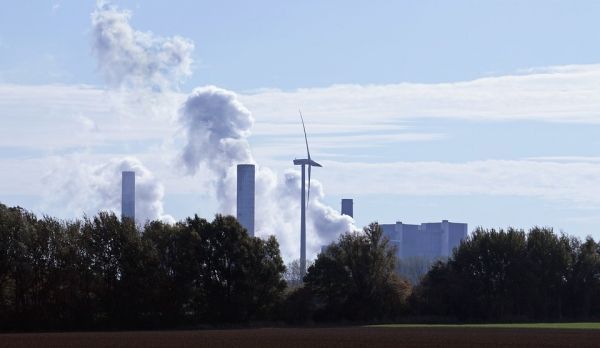From high levels of lead found in school drinking water to industry sites releasing toxic heavy metals into the air, over 40 years of regulations in the United States have failed to protect human and environmental health from toxic chemicals.
In a new paper published in BioScience, Portland State University researchers contend that these failures result from the flawed governance over the continued production, use and disposal of toxic chemicals, and lay out a plan for improved policies.
"We keep trying to mitigate, but it hasn't been working for 40 years," said Zbigniew Grabowski, one of the authors and a recent graduate of PSU's Earth, Environment and Society doctoral program. "We should push for something more visionary — we need a policy framework that goes beyond permitting allowable levels of toxic risk by seeking to eliminate and replace them.”
He said investments need to be made into not only investigating the consequences of toxic substances, but more importantly, finding alternative ways of producing goods and services that don't generate those toxic substances.
Read more at: Portland State University
Photo Credit: pixel2013 via Pixabay


